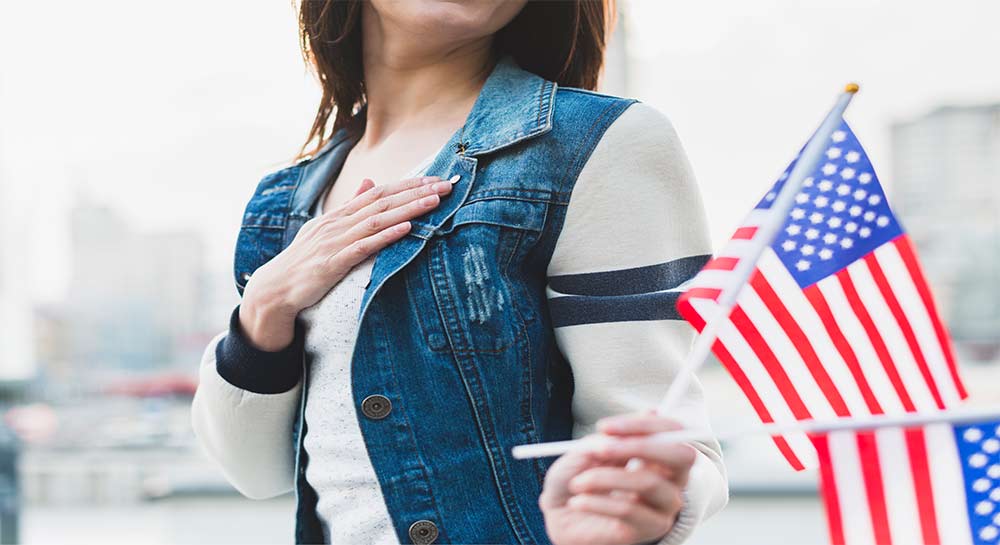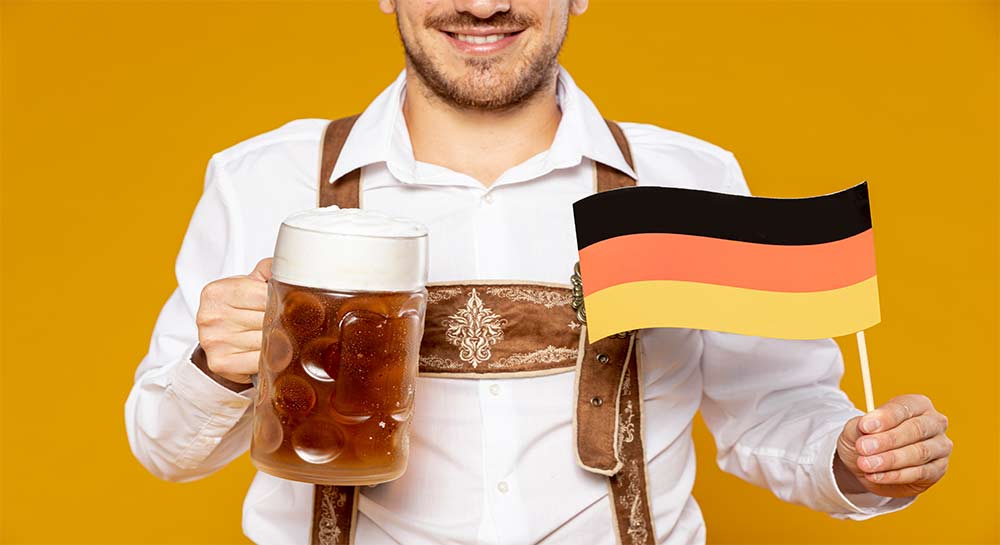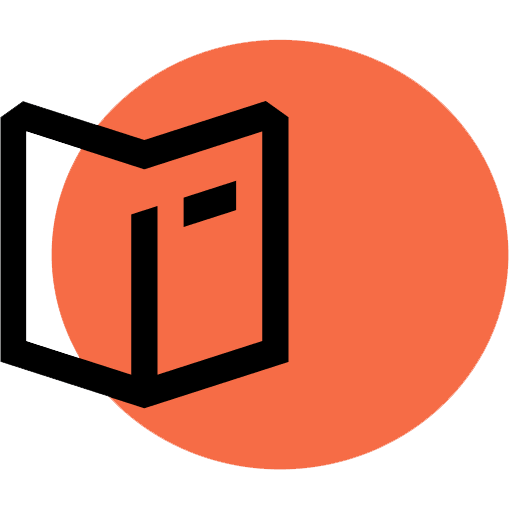Table of Contents

Many people feel nervous before attending a France visa interview. The process is short, but it carries great importance. At Visa Library, we help applicants prepare with clarity and confidence. This article explains what happens at the appointment, what documents you must bring, and what France visa interview questions officers ask.
What to Expect at a French Visa Appointment?
A French visa appointment is usually quick and simple. It often takes less than ten minutes from start to finish. You should stay calm and follow the steps carefully. Here is what happens during the process:
- Arrive 15–20 minutes early to pass security and check in without stress.
- Wait your turn in the waiting area with your documents ready.
- Give fingerprints and photo for biometric verification.
- Submit your papers to the officer for review.
- Answer questions about your trip, stay, and return plan.
- Officer checks your answers against your documents.
- Receive a receipt to track your visa after the interview.
What Are the Documents Required for the Visa Interview?
The visa officer reviews your documents to confirm that you qualify for a French visa. Bring all the required papers neatly organized in a folder. Here’s what you need:
- Passport that is valid and has empty pages.
- Visa application form filled out completely and correctly.
- Two new photos that follow the photo rules.
- Travel insurance that covers your whole stay in France and Schengen countries.
- Proof of stay like a hotel booking or a letter from the person you will visit.
- Proof of money such as bank statements, salary slips, or a sponsor letter.
- Return flight booking that shows when you will go back home.
- Work or school papers that show you have a reason to return to your country.
What Questions Do They Ask During the Interview?
The officer asks several France visa interview questions to understand your travel plans, financial situation, and ties to your country. Each question has a purpose, and your answers must match your documents. Clear, confident, and truthful answers help the officer trust your intentions. Below, we tell you the most common questions and how to answer each.
Why Do You Want to Visit France?
The officer asks this to understand your purpose for travel. You should give a direct and honest answer. For example, if you are a tourist, you can say you want to explore French culture, visit historical places, and experience local food. If you plan to visit family, say who they are and where they live. Showing proof such as a travel itinerary or invitation letter supports your answer.
Have You Been to France or Any Other Schengen Country Before?
The officer asks this to learn about your travel history. Previous travel to Schengen countries and returning on time builds trust. If you have traveled before, mention the country and year briefly. If not, you can say this is your first trip and that you have planned it carefully. Supporting documents include previous visas, entry stamps, or old passports.
How Long Will You Stay in France?
This question confirms that your stay matches your visa type. You must answer with clear dates. For example, you can say, “I plan to arrive on June 10 and leave on June 25.” Vague answers like “a few weeks” sound uncertain. Providing a flight booking or detailed itinerary helps prove your planned duration.
Do You Have Travel Insurance?
Travel insurance is mandatory for all Schengen visa applicants. The officer asks this to ensure that you can handle any medical or travel emergencies. You should say yes and provide your insurance certificate. Mention that it covers your entire stay in France. This document shows responsibility and preparation.
Who Is Sponsoring Your Trip?
The officer asks about your financial support to ensure that you can pay for your travel and stay. If you are self-funded, say that you are covering your costs through savings or salary and show your bank statements. If someone else sponsors you, explain your relationship and show a sponsorship letter, their ID copy, and bank records. Financial transparency builds trust.
Where Will You Stay in France?
This question confirms that you have arranged accommodation before your arrival. You must provide details such as the hotel name, address, and duration of stay. If you are staying with a friend or relative, mention their name and city. A hotel booking confirmation or invitation letter from your host supports your answer and proves planning.
Have You Booked Return Tickets or Do You Plan to?
The officer asks this to check if you intend to return home. A confirmed return ticket shows that you do not plan to overstay. You should answer that your return flight is already booked and provide the reservation. This small document shows responsibility and genuine intention to comply with visa rules.
Do You Own Property or Have Investments in Your Home Country?
This question checks your personal ties and motivation to return home. If you own property or have business investments, mention them clearly. For example, you can say, “Yes, I own an apartment in my city.” If you do not own property, talk about your family or job as reasons for returning. Documents such as property papers, rental agreements, or job contracts support your answer.
What Is Your Highest Educational Qualification?
The officer asks this to learn about your background and verify your profile. You should answer by mentioning your highest degree or certification. For instance, say, “I completed my bachelor’s degree in accounting.” Educational certificates or transcripts serve as proof.
What Will You Do If Your Visa Is Rejected?
The officer asks this to observe how you handle setbacks. You should stay calm and answer with maturity. For example, you can say, “If my visa is rejected, I will review the reason, correct any mistake, and reapply.” Avoid emotional or negative reactions. No documents are needed for this question, but your calm attitude matters.
Tips for a Successful French Visa Interview
To succeed in your French visa interview, preparation and honesty matter most. Keep these simple tips in mind:
- Check your answers and make sure they match your documents.
- Keep your papers organized in a clean folder for easy access.
- Speak clearly and stay polite during the interview.
- Know your travel plan including where you will stay and what you will do.
- Show proof of money and strong ties like family, property, or a job in your home country.
- Arrive early to avoid stress and delays.
- Dress neatly and look professional.
Common Mistakes to Avoid During the Interview
Many applicants get rejected because of small mistakes. Avoid these to improve your chances:
- Don’t lie or give unclear answers.
- Don’t say anything that conflicts with your documents.
- Don’t forget papers like travel insurance or return tickets.
- Don’t act rude or impatient with the officer.
- Don’t look nervous or unprepared.
- Don’t hand messy papers. Keep them neat.
- Don’t argue or raise your voice.
Last Word
Preparing for France visa interview questions helps you walk into the embassy with confidence. The interview is not a test; it is a chance to show that your trip is genuine. Honest answers, proper documents, and calm behavior make the process easier. Visa Library offers professional consultation services to help you prepare for your visa process. Book an appointment today and get expert guidance for your France visa interview.
FAQs
What is the rejection rate for French visa?
The rejection rate changes every year, but most refusals happen when applicants cannot prove enough funds or home ties. Careful preparation reduces this risk.
What are some common French interview mistakes?
Unclear answers, missing documents, and inconsistent information are common causes of rejection. Applicants should prepare in advance to avoid them.
How to answer “Please tell me about yourself” in an interview?
Give a short and direct answer. Mention your name, job, and purpose of travel, then add that you will return home after your trip.
What’s the most common interview question?
The most common question asks about the purpose of your visit to France. You should answer this with confidence and honesty.
How to impress a French interviewer?
Be polite, organized, and confident. Having all your papers ready shows preparation and responsibility.
What is the biggest red flag to hear when being interviewed?
When the officer asks many questions about your return plan, it often means they are unsure about your intention to leave France on time.
What are the three golden rules of an interview?
Tell the truth, stay calm, and provide documents that support your answers.
- Author
- Max-B.
- November 20, 2025

Sign Up to Online Course
Related Articles

US EB‑5 Investor Visa Interview Questions
The EB‑5 visa interview is a key step in the U.S. immigration process. At this stage, the consular officer checks

US O‑1 Visa (Extraordinary Ability) Interview Questions
The O‑1 visa lets people with special skills work in the United States. After USCIS approves your petition, the last

German Student Visa Interview Questions
Students must attend a visa interview before they study in Germany. The officer checks if the student is ready for

